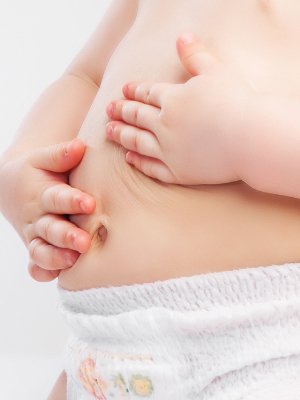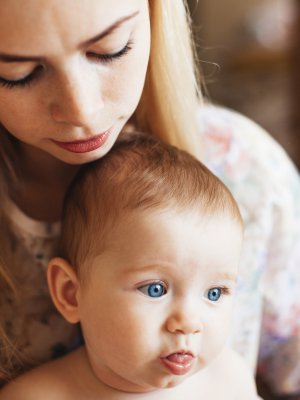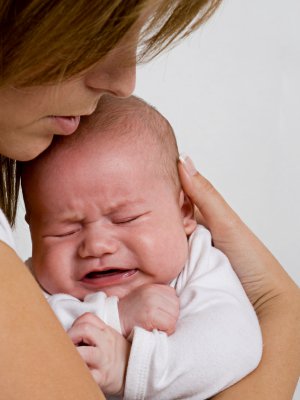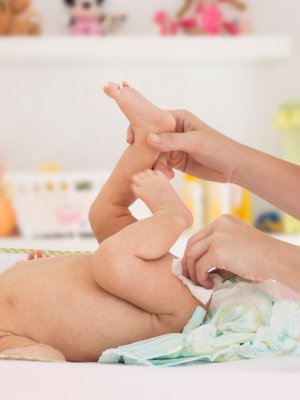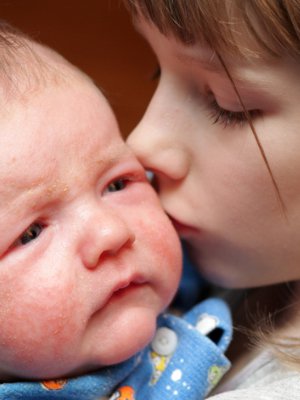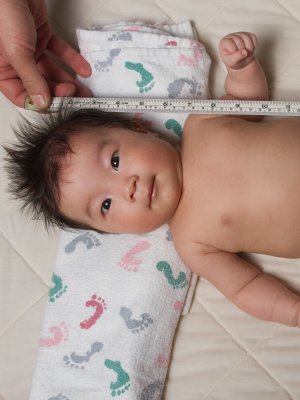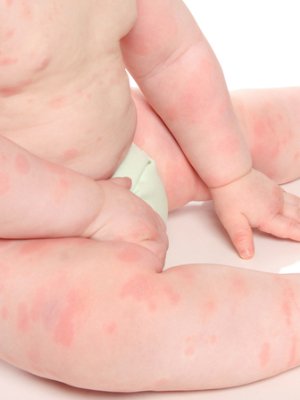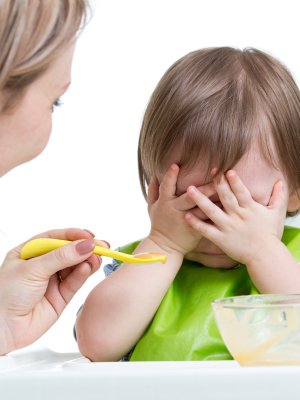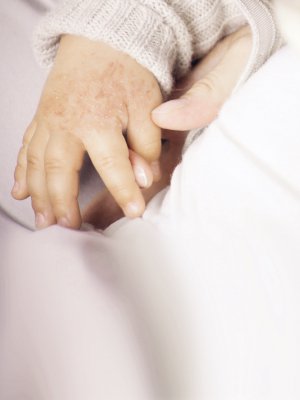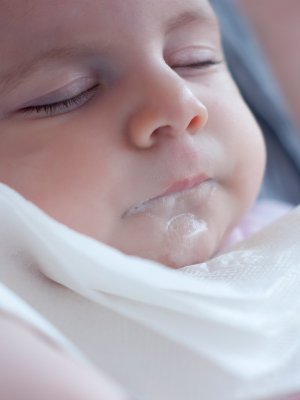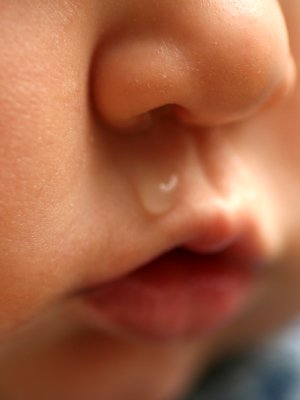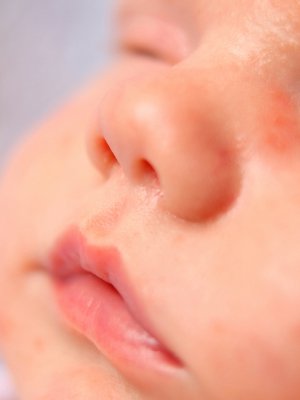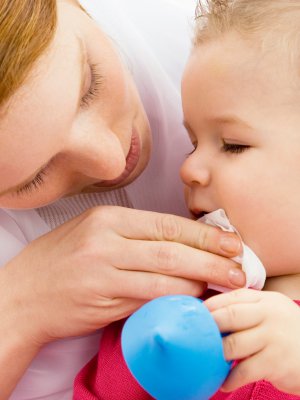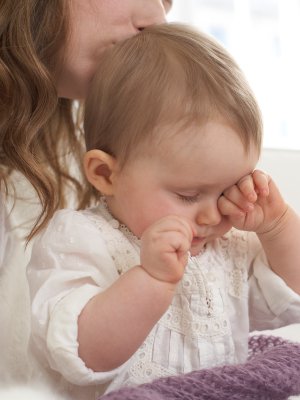WHEEZING

We believe breast milk is the best food for infants. When in consultation with their healthcare professional, mothers and families find that optimal breastfeeding is not possible due to their infant’s medical condition, formulas for special medical purposes play a vital role in providing essential nutrients to infants. We have a global commitment to market breast-milk substitutes responsibly.
Wheezing, or noisy breathing, is a high-pitched, whistling sound, which happens when the small airways become narrow, making it difficult for a baby to breathe. It is a common problem in babies and in general babies and children wheeze more than adults because of differences in the size of their airways.
Why does my baby have wheezing?
- A food allergy, e.g. Cow’s Milk Protein Allergy (CMPA), or other allergies to dust or pollen
- A chronic disease such as asthma
- A respiratory tract illness or a cold virus
Could it be Cow’s Milk Protein Allergy?
Wheezing is a common symptom for babies with CMPA. Almost 30% of babies with CMPA will have wheezing as a symptom. Babies with CMPA usually experience more than just one symptom and these symptoms can be very different from one another.
If you think that your baby has wheezing or is making wheezing sounds, it could be CMPA. You may have even noticed other symptoms (besides wheezing), which may affect other parts of your baby’s body.
For a simple and easy way to check common symptoms associated with CMPA, you can use our symptom checker.
In any case, if you have any doubts or concerns about your baby’s health, you should always seek advice from a medical professional as soon as possible.
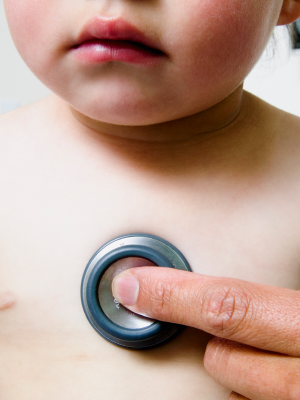
OTHER SYMPTOMS OF COW'S MILK PROTEIN ALLERGY
IMPORTANT NOTICE: Mothers should be encouraged to continue breastfeeding even when their babies have cow’s milk protein allergy. This usually requires qualified dietary counseling to completely exclude all sources of cow’s milk protein from the mothers’ diet.If a decision to use a special formula intended for infants is taken, it is important to follow the instructions on the label. Unboiled water, unboiled bottles or incorrect dilution can make babies ill. Incorrect storage, handling, preparation and feeding can eventually lead to adverse effects on the health of babies.Formula for special medical purposes intended for infants must be used under medical supervision.


